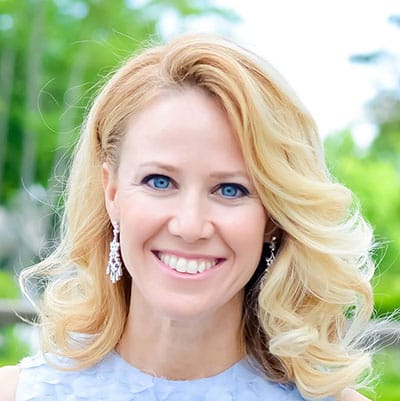If you have room on your summer reading list for one more title, I highly recommend the new novel, The Balance Project, by my friend and fellow Penn alum Susie Orman Schnall C92. It tells the story of Lucy, a 20-something assistant to Katherine, a health and wellness mogul. As Katherine hits the media circuit to promote her new book on work-life balance, it’s really Lucy who is holding Katherine’s world together—at the expense of her own dreams and relationships.
While the novel is fast-paced and fun, it also offers insightful commentary on the societal expectations women face. As Orman Schnall writes in the introduction to her The Balance Project blog, where she interviews women of many stripes about their lives and work, “I’ve always been curious about how women I admire manage the tragically glorified ‘doing it all’ craze. So I asked them. As I suspected, no one really does ‘it all.’”
Male or female, we are all familiar with that crushing realization that there just aren’t enough hours in the day to tackle our ever-growing to-do lists and spend enough quality time with family and friends.
Perhaps during no time in your life will this be as true as when you are in business school. Whether you’re single or married, a parent or child-free, pursuing your degree soon after undergrad or returning to school later in your career, every business school student faces the same challenge of finding some balance.
Here are a few work-life balance tips, gleaned from Orman Schnall’s interviews, to help b-school students do just that.
Outsource, outsource, outsource.

Susie Orman Schnall, author of “The Balance Project”
Orman Schnall asks all of her interviewees what they wish they could outsource in their lives. (Not surprisingly, most of the answers involve cooking, housework and making kids’ lunches.) This is an important question for b-school students to ask themselves. Is it in your budget to hire a house-cleaning service every other week? Could you ask a neighbor who is already picking up her kids from soccer practice to give yours a lift, so you can spend that 30 minutes finishing a project? A few good life hacks can go a long way to feeling more balanced.
Make Outlook your all-purpose calendar.
Don’t just use your school calendar (whether it’s on Exchange, Google Calendar, iCloud or an app) to track project and paper deadlines. As communications executive Jackie Koleck tells Orman Schnall, “I live and die by my Outlook calendar. I put everything in there from business meetings to my children’s playdates to paying bills and exercising.”
Using one calendar makes sense. You’ll be more likely to go for a run if you block off an hour as opposed to setting a vague intention to go if you can find the time. If you’re partnered, Koleck sites another benefit of using Outlook to plan your life: “I send my husband appointments so he can never say, ‘You didn’t tell me we were going there.’”
Enjoy the ride.
Carola Donato, a physiotherapist and yoga instructor, spoke in her Balance Project interview of a co-worker who always said during the week that she wished it was Friday, and then one day realized she was, in a sense, wishing her life away. You may find yourself getting into this mindset during a particularly grueling b-school semester, counting down the days until it’s over. Try to resist it. You’ll inevitably feel more balanced if you’re finding a sense of purpose and enjoyment in what you’re doing now, as opposed to dreaming of a more ideal future.
Says Donato, “I can look forward to things, but I enjoy the ride to the goal just as much.”
Don’t fall into the “having it all” trap.
Many of Orman Schnall’s interviewees took umbrage with the very concept of having it all. Some asked: What is “it,” exactly? They lamented the idea’s unrealistic pressures. Cutting yourself a little slack in the balance department is going to be important to keeping your sanity during b-school.
As Jill Bryan, a comedian, puts it, “I don’t think you can truly have it all. I think you can do a damn good job of making an effort, but in reality … something or someone is going to get neglected. You can have little BITS of everything, but not 100 percent of everything, and that’s OK. Just pick the things that matter the most and focus on those.”
Incidentally, I have many more thoughts on finding work-life balance—some of which you can read in my own interview with Orman Schnall on The Balance Project.

























